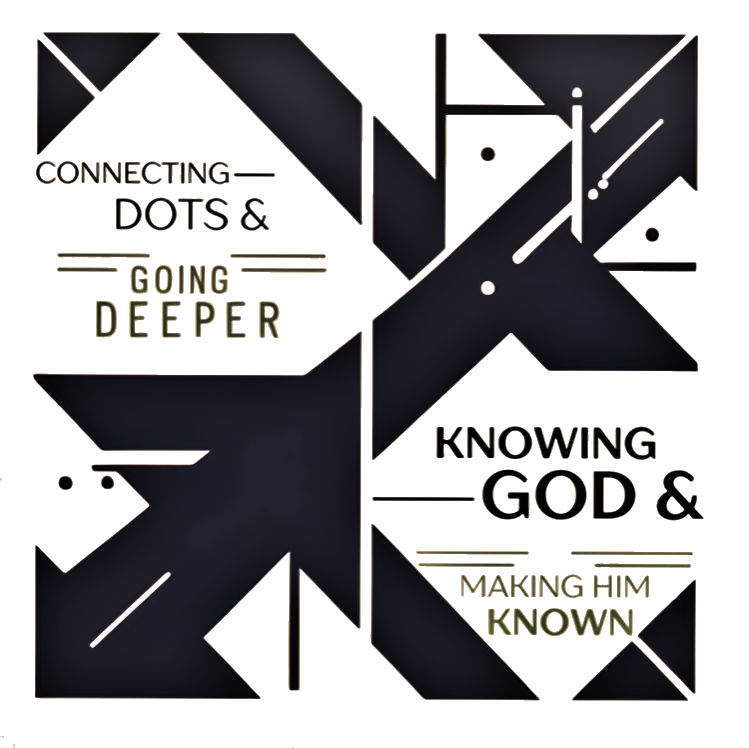Who sets the image of what is ‘normal’ in a Christian’s life and experience? Where does the place of transparency reside in a Christian’s life when our culture promotes accomplishment, size and performance? Pastor W. Mark Elliot, in his recent book Confessions of an Insignificant Pastor confronts the image of what too often is the ‘rugged individualist’ Christian persona. In its place, he reveals a transparent, genuine, real “pastor from nowhere, just a nobody from zip code 47492,” and he’s in good company.
I spoke with Pastor Mark. He said this book came out of a sensed call to put the message on paper. In a few days, alone on personal retreat, Mark recorded the lessons which had been birthed out of a “winter season of pastoring. It’s a negative title on a positive book.” When I asked him to identify the most important take-away, Pastor Mark replied, “Unplanned is a part of life. God call isn’t to achievement, but to faithfulness. After 28 years of ministry, my best accomplishment is that I have been faithful, I refuse to quit. I have found that God is still present in all of life’s circumstances.”
The book’s 16 chapters flesh out the image of a transparent man. Starting with “ I’m a Nobody from 47492”, to “I Work too Much” and “People Get on my Last Nerve” Pastor Mark openly shares his heart. Life is hard at times. We are all human, and walking through life as a Christian doesn’t mean the valleys will be filled in and steep hills leveled before we arrive. The climb (up or down) is taxing. Mark’s message is that our God goes with us, and we are not meant to walk alone.
The book is well researched, and Pastor Mark correlates a modern Christian’s similarity to men / women of the Bible. David was a nobody before he was king. Joseph was an arrogant teen, Jacob a manipulative entrepreneur, Moses a murderer, and the list goes on. The key, Mark writes, is that we begin to see ourselves the way God really does. We have value because we are his people, and we are meant to do life together rather than (pretending to) be a rugged individualist.
Each chapter ends with 3-5 questions meant to prompt discussion and reflection. The book, like life, is better when it’s shared. These questions flow well into discussions for small groups, and explore how we can become more genuine, authentic Christ followers.
I recommend this book highly. Too often we allow an image painted of what a Christian ‘should’ look like when the only real answer is this. A Christ follower should look like the One he or she is following. The lessons in this book will move the reader toward becoming genuine, transparent, authentic and real in their faith. There is a risk involved in this kind of lifestyle, but the alternative is to exist without really living.


Find | Follow | Friend Tim